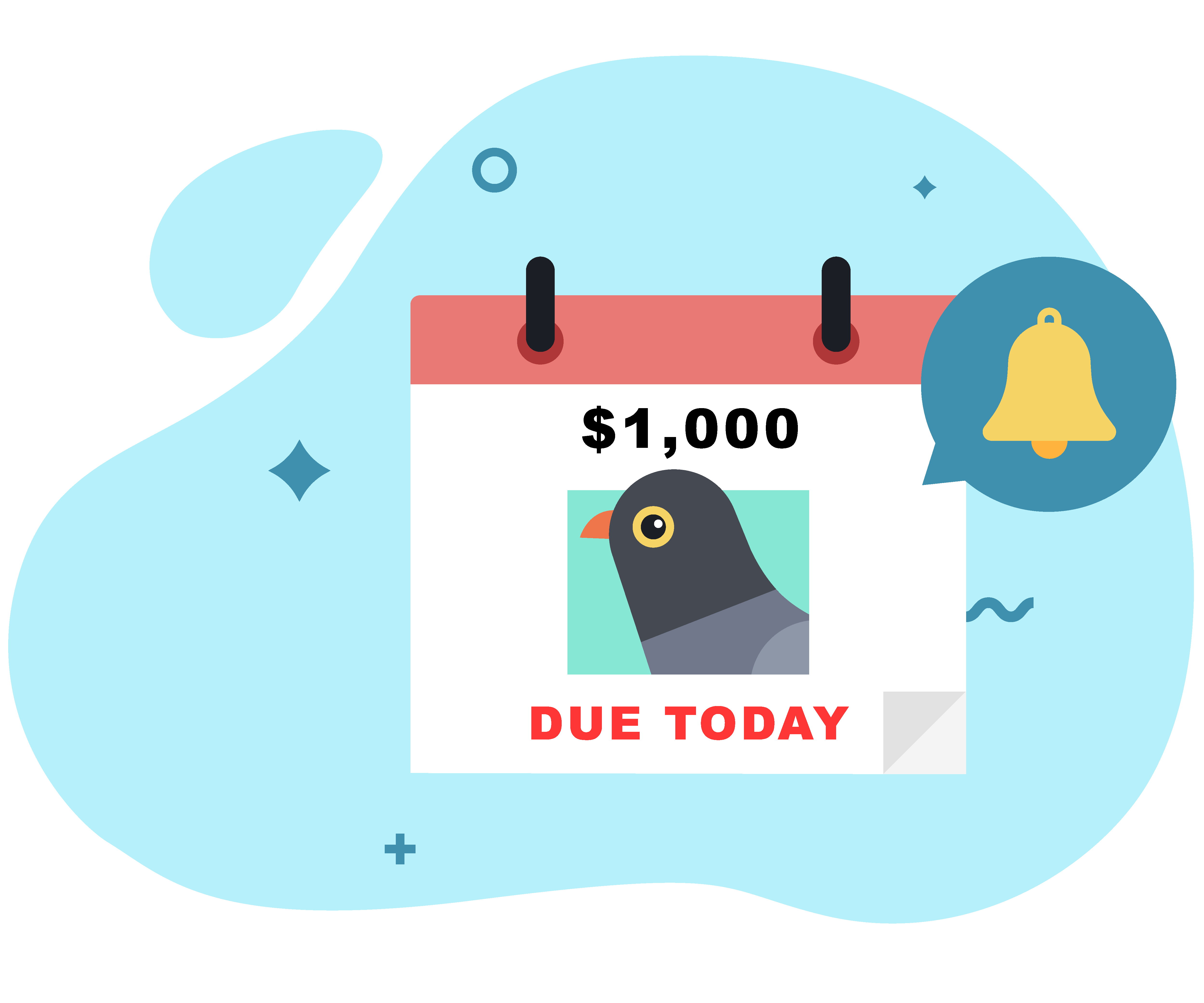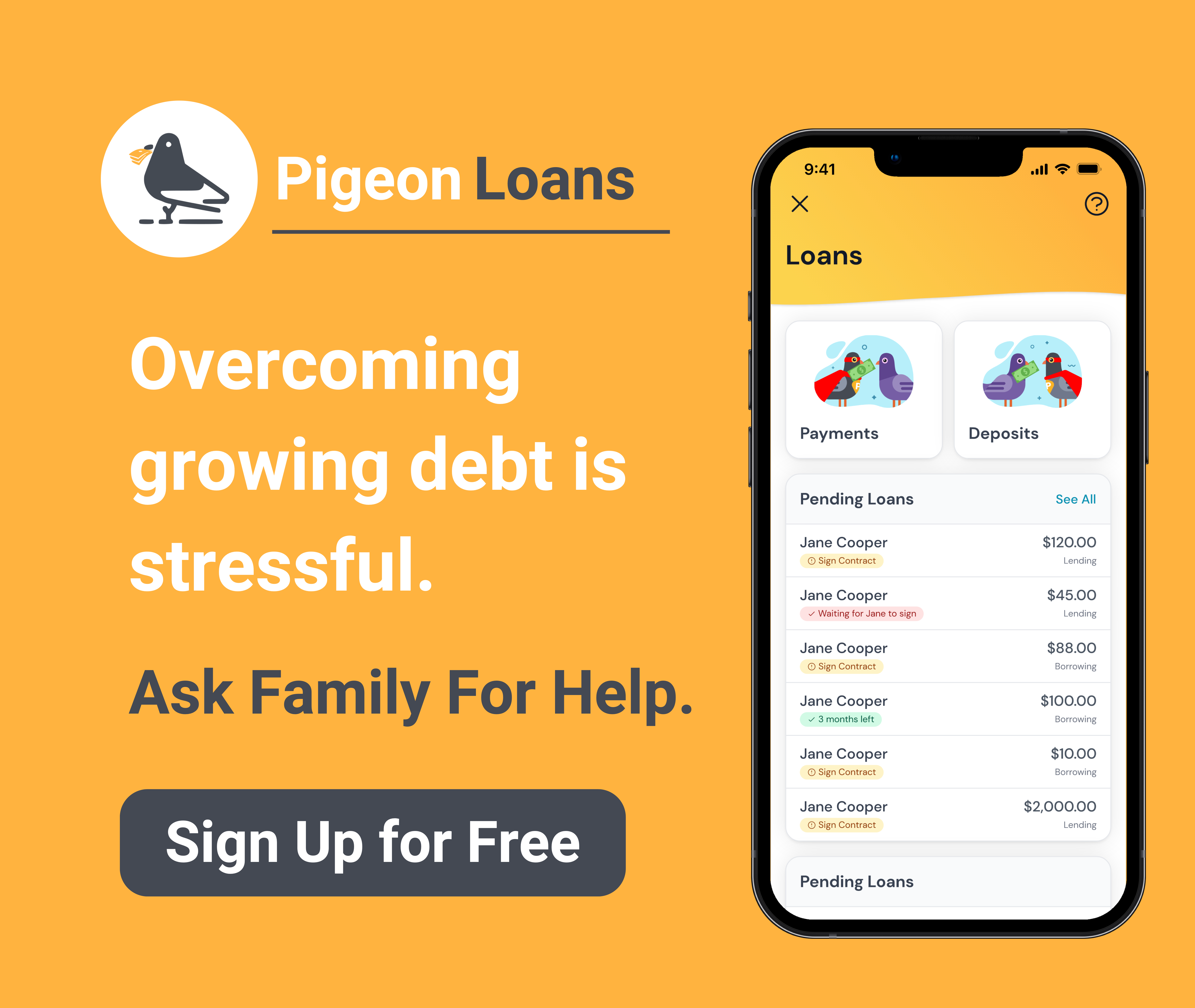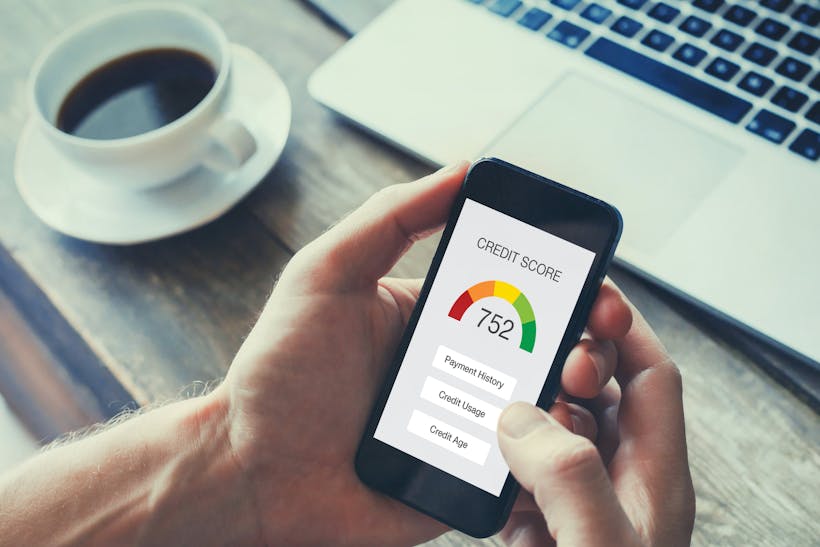A Grand Guide
For many of us, keeping track of bills, loans, credit cards, and more can get overwhelming and become an avalanche of debt to manage.
According to the Federal Reserve’s quarterly Household Debt and Credit Report, the total household debt increased by $312 billion from April–June 2022, a 2% rise quarter-over-quarter. The new total debt for all households is $16 trillion.
(To put that in perspective, that’s way more than the total foreign reserves for 23 countries including China, Japan, Switzerland, and more.)
But you don’t need to know all that to understand debt is a major undertaking for Americans today. How are people managing all this debt?
For some, debt consolidation is the answer. 💡 Let’s dive in. 🤿
What we’ll cover:

Debt consolidation could benefit you if:
- It could give you a lower interest rate (the consolidated debt interest rate should be lower than the average interest rate of all existing debts combined)
- It lowers your monthly payments (if you’re in a financial pinch, lower monthly payments could help you tremendously)
- It lowers your overall amortization (or what you pay on all loans until they’re paid off, including interest and principal costs)
- You have a high debt-to-income ratio you’re looking to improve
- You’re looking for a solution that’s better than debt settlement (which can cost more in the long run and hurt your credit)
Hold up…you can consolidate debt with more debt? Yes, and here’s how. 👇🏽
If you have multiple high-interest debts, you may want to take out a more favorable personal loan to help you pay off your debts sooner.
When you take out a personal loan for this purpose, you use the principal (aka the amount of the loan, without fees) to pay off your high-interest debt. Then, you have just one monthly payment that covers all of those debts at a (hopefully) more advantageous interest rate.
This allows you to pay off your debt sooner, reduce your monthly debt payments, and organize your debt in a way that makes it easier for you to manage.
What does this look like in action? Here’s an example:
Kitt is 32 years old and heads a local media company alongside a business partner. She has paid off most of her student loans on time, but still owes $3,000. 🎓 Her student loans carry a 4% interest rate. She also has a credit card balance of $2,000 that’s accruing 19% interest.
Kitt wants to buy a house, but she would prefer to pay off all of her debt first. She knows she has a great relationship with her business partner, Rachel. Kitt asks Rachel for a $5,000 personal loan to help her pay off her debts in one fell swoop. Rachel agrees with the condition that the loan have a 3% interest rate and a two-year repayment period, a lower rate than her current 4% and 19% interest rates on her outstanding debt. This lowers Kitt’s monthly and total payments, so she agrees. Kitt is able to consolidate her debt with a personal loan and focus on developing her business.

When you consolidate debt with a loan, you can apply for the loan through a bank, credit union, or fintech lender, or even borrow from friends or family.
When you officially apply for a loan through a bank or credit union, they’ll likely pull your credit to check your creditworthiness. A credit report is more than just a credit score—a report outlines your previous loan payments and helps evaluate your chances for loan approval. To go along with a general credit report, lenders also look at your credit utilization ratio (what proportion of your credit limit you’re using) and other credit profile factors to make decisions about the details of your loan.
What if you have bad credit history? If you don’t have good credit and apply for a personal loan through an institution, you may have trouble receiving a favorable interest rate, especially without a cosigner. Without a low-interest rate, debt consolidation may not make sense. In that case, you can check out a reliable lender or consider a loan from someone you know.
Even when you borrow money from a friend or loved one, you should create a promissory note (aka a written loan agreement) or contract that explicitly states all loan conditions. Pigeon provides these documents for you to make personal loans between friends and family as comfortable as possible. 🐣

PRO TIP: You don’t have to accept a loan offer just because a bank or individual offers it to you. Make sure you’re comfortable with all loan conditions before you sign the dotted line to consolidate debt with a personal loan.
What To Know Before Consolidating Debt With A Loan
Before starting any loan application process, there are certain things you should be aware of.
First, take a look at your bank account cash flow - how much money coming in and out of your accounts. 💸 Determine how much you can afford to pay on a personal loan, including any upfront costs and monthly payments. Keep in mind you’ll be using the loan to pay off existing debt, so you may need extra wiggle room.
Once you apply and receive a loan offer, take a look at the loan contract. Make sure all the terms work in your favor before signing the dotted line. ✒️ Consider the following factors:
- Repayment terms and personal loan rates the lender offers
- Interest rate considerations (annual percentage rate, variable or fixed rate, and more)
- Length of the loan term and any due dates
- Origination fees
- Minimum loan amount the lender requires, if applicable
- Prepayment penalty and late fee stipulations
- Autopay discounts














